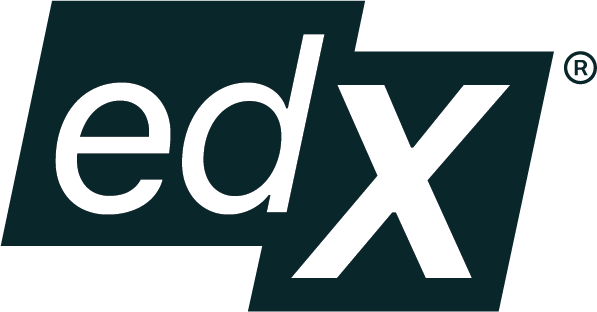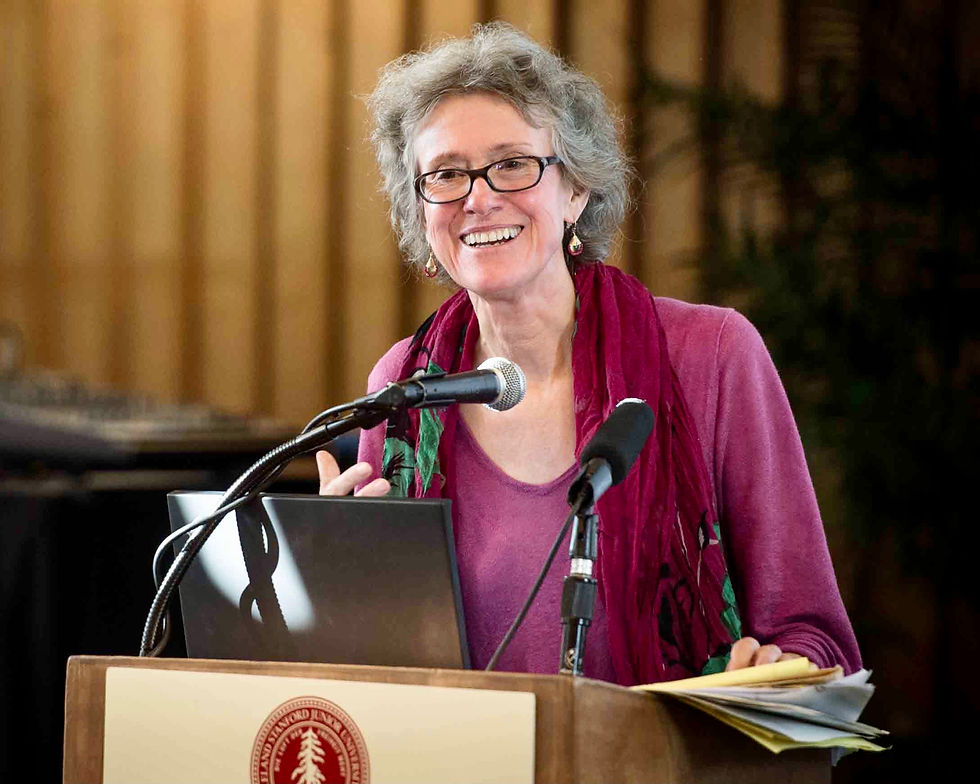Starting the Conversation around edX
- lemclean
- Sep 21, 2021
- 4 min read
The democratization of knowledge is a powerful asset for any institution willing to invest in making it accessible to anyone, anywhere, and on any device. Put differently, this is a great aspiration that is directly connected to empowerment and equality on all levels. The Internet has provided the medium to facilitate the acceleration of information and knowledge in real-time. For this reason, edX is an online learning platform that enables individuals to learn based on their learning styles. Indeed, there is a direct connection to any worksite (including mine) that has an interest in expanding the knowledge and capabilities of an internal team. Our ability to think differently about educational practices and the challenges that are important in addressing the disconnect that exists in the environment is an ongoing effort. Leveraging digital technology as a mechanism to transform education on all different levels within the organization should be a priority. Moreover, edX provides some great learning opportunities, for example, connecting with each other around learning and teaching that delivers on new knowledge and experience. There are definitely multiple examples available from this online platform that can be replicated as an approach for addressing this problem of practice.

edX bringing innovative learning
The experience of edX learning observations
The observation for edX was completed on April 12, 2020 for this educational site. Unquestionably, edX qualifies as an educational site whereby courses, programs, and degrees are being offered to anyone over the Internet. In fact, they have a model that offers both paid and unpaid content. To demonstrate, there is the edX for Business which connects with multiple partners around the world offering various courses and programs. This online learning platform provides free online courses from Harvard, MIT along with many other universities and institutions. Access to 2500 free online courses, being offered from 140 leading institutions worldwide. One can gain new skills along with earning a certificate or degree directly from the edX platform. The site has the capability for blog connection along with a help center for supporting students and visitors. Indeed, edX aim is to transform the traditional educational practices by way of disseminating knowledge around the world through the online education platform. Available in the concept of a MicroMasters programs (edX, 2020) to expand the reach of learning in a novel way. According to edX, "educators and technologists can build learning tools and contribute new features to the platform, creating innovative solutions to benefit students everywhere" (edX, 2020). On one hand it's free, and on the other there is a business model dependency, along with alignment with universities hoping to eventually provide paid options to these future students. In one of their report, "MIT was also able to double the size of the cohort of students enrolled in the on-campus Master’s program" (edX, 2020). They have also implemented the xConsortium which focuses on pedagogy around learning and research capabilities. With this in mind, there are 5743 instructors and over 24 million unique users that have been using the platform since it went live by offering virtual classrooms to the world (edX, 2020). All in all, with multiple Master's Degrees on the edX platform from reputable universities this can definitely change the traditional way of delivering information and knowledge. Even ASUx (Arizona State University) is part of the Global Freshman Academy by offering online degrees via the edX platform. Finally, there is the edX for business which provides learning opportunities within a business context. The edX for Business eLearning platform provides the ability for organizations to manage the training and skill needs of their workforce.

Knowledge accessible to all
Building on the readings for a learning platform
Hochschild (2003) article on social class in public schools that centers around the disparities within American public schools. Through socio-economic class differences the level of educational outcomes differs significantly for the rich vs. poor. With online platforms such as edX, the goal is to provide equal opportunity for anyone around the world. While this is an ideal state, many barriers make this also challenging. Being a leading MOOC provider, open-source along with nonprofit branding (even though the institutions behind it are oftentimes profitable), the mission can become complicated in wanting to spread learning while at the same time making a profit. The challenges faced by institutions either private or public require transforming education through an open platform movement and scaling. We realize that the desire to leverage a platform such as edX requires a stable infrastructure and proper resources. Without a doubt, “Urban schools are more likely to have inadequate buildings, classrooms, and technology” (Hochschild, 2003, p. 825), which makes providing the basic idea of learning for everyone even much more difficult. Furthermore, we know that in order to spread knowledge equally then organizations and institutions must ensure that proper resources are available including qualified instructors, trainers, and teachers.

Hochschild presentation
Integrating knowledge from edX and scaling
Realizing how to utilize the information available from edX internally will be important. For instance, there is an excellent pattern of strong collaboration that can further one's agenda within an internal structure that is shown on the platform. In addition, developing strong partnerships within the organization that addresses the common cause of knowledge management. Likewise, forming a global learning community similar to that of edX can create the opportunity for best practices and lessons learned within the organization. In the end, it is about ensuring that the appropriate skills are being developed within the organization and within individuals. There are many examples available on edX that can inform the thinking about addressing the knowledge management challenges within the organization.
References
edX. (2020). https://www.edx.org
Hochschild, J. L. (2003). Social class in public schools. Journal of social issues, 59(4), 821-840. Hochschild photo credit - https://www.ceu.edu/sites/default/files/main_image/article/14562/arlie2.jpg




Comments